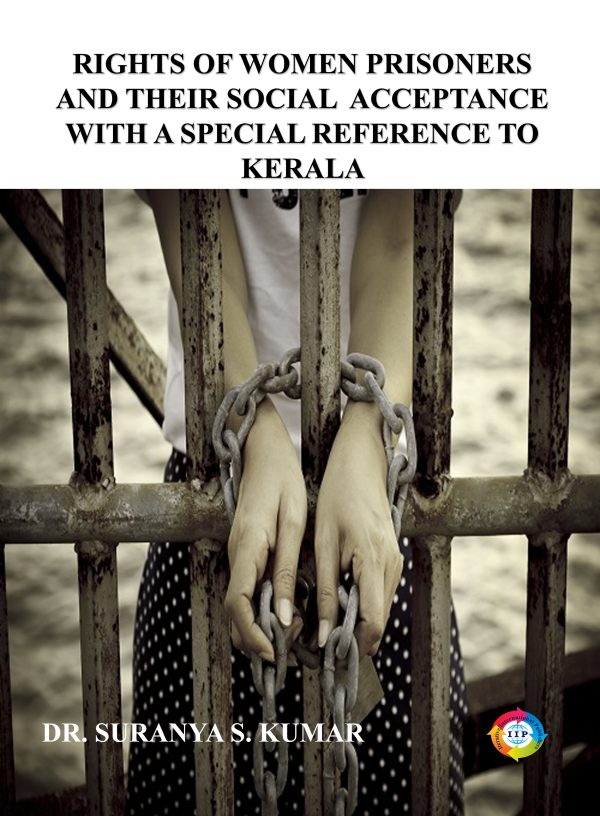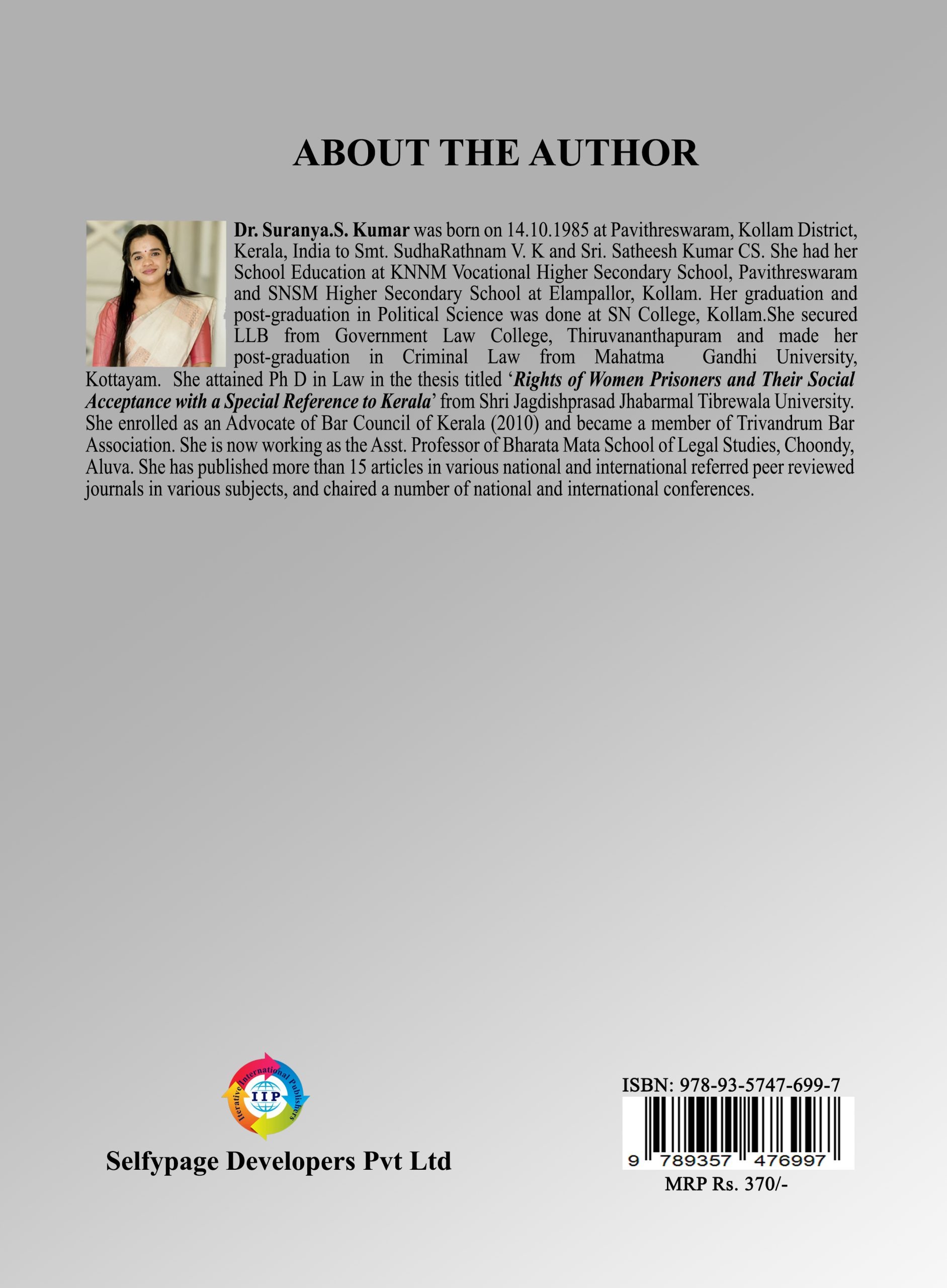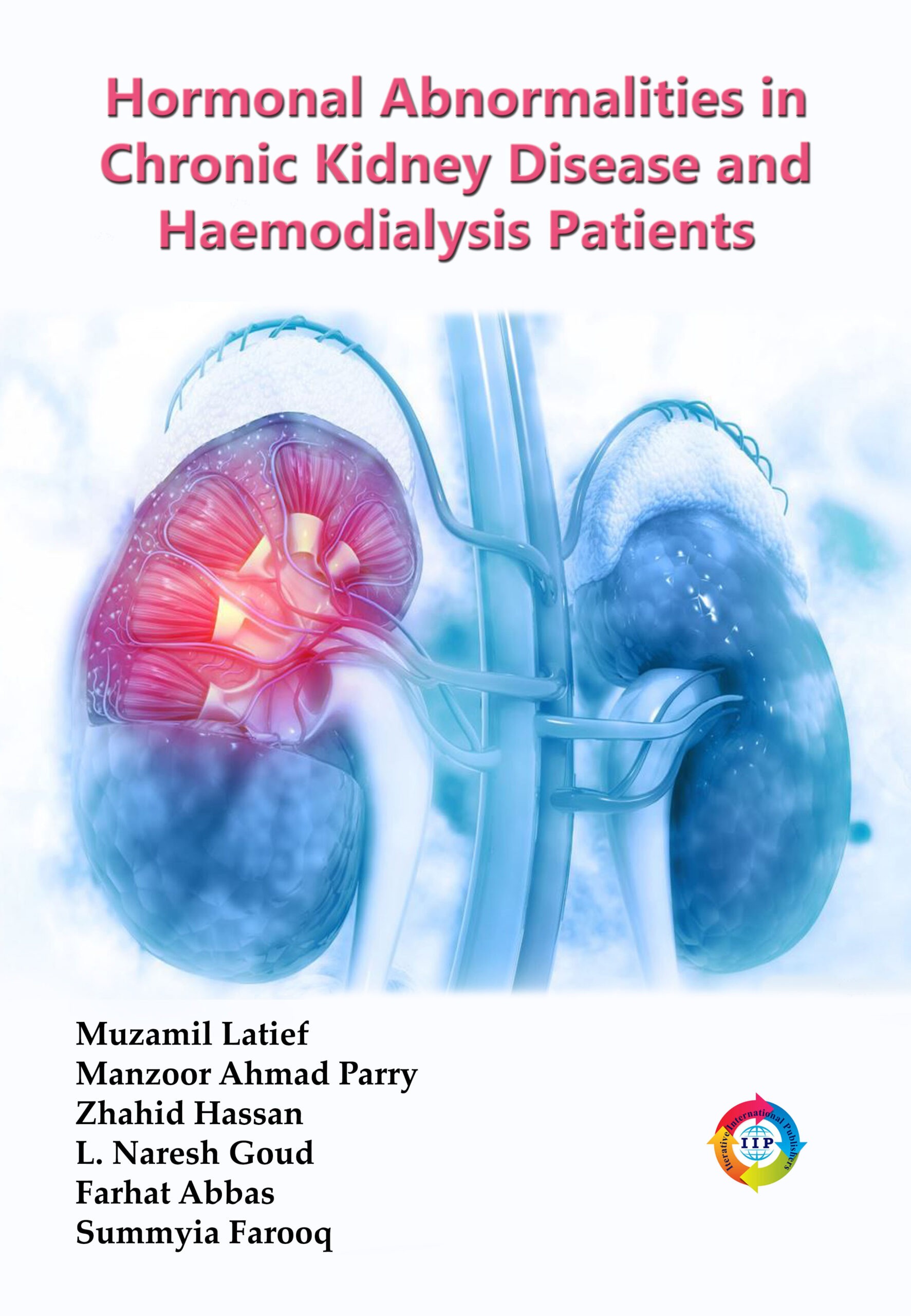Nelson Mandela once eloquently stated, “It is said that no one truly knows a nation until one has been inside its jails. A nation should not be judged by how it treats its highest citizens, but its lowest ones.”
Law, as an evolving process, serves to regulate the dynamic development of society for its welfare. Its evolution and adaptation have been evident throughout history in every society. Law can be seen as the carefully crafted words of legislature aimed at guiding societal conduct for the betterment of civilization. While the past often saw law’s abuse resulting in punishment and isolation, the emergence of the reformative theory has shifted focus towards reintegration and rehabilitation. This theory aligns with human rights principles outlined in articles 12 to 35 of the Indian Constitution, reflecting the United Nations’ stance on human rights as a choice rather than an obligation.
The Constitution enshrines fundamental rights, including equality, freedom, protection against exploitation, the right to life, religious freedom, and cultural and religious rights, as well as rights to constitutional remedies. The judiciary, through historic verdicts, particularly concerning Article 21, the Right to Life, has bolstered the wings of human rights.
Suranya S. Kumar’s book, “Rights of Women Prisoners and their Social Acceptance with a Special Reference to Kerala,” holds significant importance as it advocates for the rights and rehabilitation of female prisoners, with a particular focus on Kerala. The sentiment echoed by Pandit Jawaharlal Nehru, who remarked, “You can tell the condition of a nation by looking at the status of women in the country.” should be remembered here.
Starting from the evolution of law and prison systems in ancient India to the present day, the book provides a comprehensive overview of human rights concepts, the challenges faced by women prisoners in India, the Indian judicial approach, and the processes of social integration and rehabilitation. Authenticated with thorough research, the book earnestly strives to integrate women prisoners back into society through the application of reformative theory.
I extend heartfelt congratulations to Dr. Suranya S. Kumar for her sincere dedication in shedding light on the human rights violations faced by female prisoners in Kerala. This subject holds particular relevance in a society like Kerala, which is increasingly conscious of human rights issues. The book promises to be a valuable asset, enriching readers from various walks of life with its insights into human rights. I wish the author, the publisher, and the readers success and fulfillment with this remarkable publication.









Reviews
There are no reviews yet.